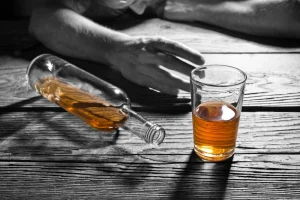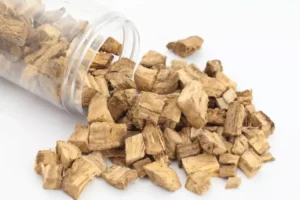
Each member can bring their ideas to life, whether through painting, drawing, or sculpting. The goal is to create something that represents each individual’s journey through drug and alcohol recovery in Atlanta, Georgia. One of the key benefits group ideas for addiction recovery of group therapy is the opportunity to learn from others who have faced similar challenges. Hearing stories of recovery and resilience from fellow group members can be incredibly inspiring and provide hope for those who may be struggling.
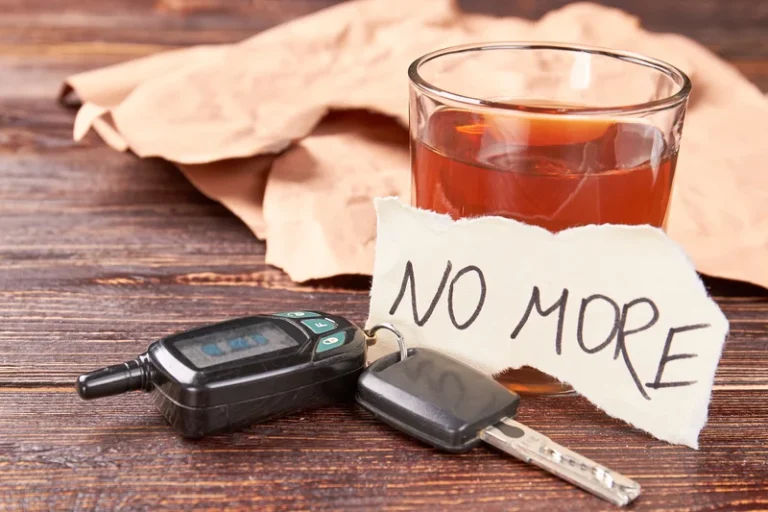
Solution-Focused Brief Therapy Worksheets Bundle
Group members can offer insights, suggestions, and encouragement based on their own experiences, which can be incredibly valuable in the recovery journey. Group therapy also provides a sense of accountability, as individuals are encouraged to set goals and report progress to the group. Substance abuse group therapy can facilitate healthy discussions about relatable topics in recovery. Group therapy activities for substance abuse can be related to a variety of topics including education, shame, guilt, triggers, cravings, boundaries, health, mental health, and sober support.
Thought Replacement Activity
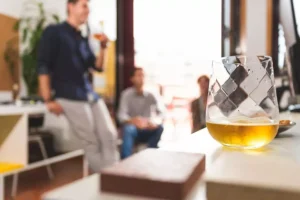
Zainab is a skilled member of the ChoicePoint team of medical content writers. With 4 years of relevant experience, she is passionate about conveying accurate and up-to-date information through her writing. Her area of expertise includes writing on addiction challenges, providing guidance on treatment procedures, and addressing co-occurring mental issues.
- These cards can be used in a SUD inpatient or outpatient setting to facilitate group discussions about recovery.
- Triggers are people, places, feelings, or other things that make you want to abuse drugs.
- CARF International is an independent, nonprofit accreditor of health and human services.
- Group therapy, on the other hand, offers a different level of support and connection.
- These exercises help you prepare for challenges before they happen and build confidence skills that will help you handle any situation that arises in the real world.
Write and share personal recovery letters
- If you let a behavior persist, hoping it will eventually stop, you’re sending the message that it’s okay, not only to the person who is disruptive, but to the entire group.
- Listening to what other members share can provide a sense of validation and normalcy for members who may have thought that they were alone, or wrong for feeling as they do.
- Likewise, therapy will help everyone focus on how they respond to the triggers and how they can overcome them in the future.
Contact Bedrock Recovery Center to learn more about our group therapy strategies. Problem-solving practice helps identify strategies to support people in coping with the difficulties of life and creates the ability to solve everyday problems. Creative arts may be used in a group setting as an alternative therapy. Creativity has been proven to have positive clinical effects, especially on mental health disorders.
- Try a few of these and see how they resonate with your group then figure out how you can proceed.
- Check out our blog posts and resource links for the latest information on substance abuse.
- A trust fall is an activity where one member of the group stands, sometimes on a platform, and then falls backward in an upright position, relying on the support of the group members to catch them.
- These practices promote self-awareness, reduce anxiety and depression, and enhance overall well-being.
- As your group focuses on the balloons and keeping them aloft, your mind will calm down, and all those problems will fade into the background.
- (“How would you feel if we talked about you when you weren’t here?”) Strongly suggest that they wait until the person returns (and is open) to have a group discussion (if appropriate).
- To encourage helpful discussions, some recovery groups toss around question balls.
- An effective group calls for a skilled clinician to meet treatment standards.
Some recovery groups promote emotional openness by playing feelings charades. That’s why some recovery groups encourage members to bring candles, essential oils, and other aromatic materials. Group members can then discuss their favorite scents and the feelings they provide. Because GLP-1 drugs interact with the brain and seem to curb food cravings, scientists wonder if these medications could also curb cravings for addictive substances. Parts of the brain involved in eating behaviors are also involved in the use of alcohol and drugs.
MORE Group Therapy Activities
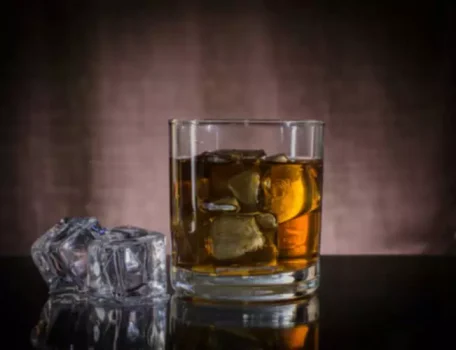
Mindfulness Exercises
How Does Ocean Recovery Use Group Therapy?
